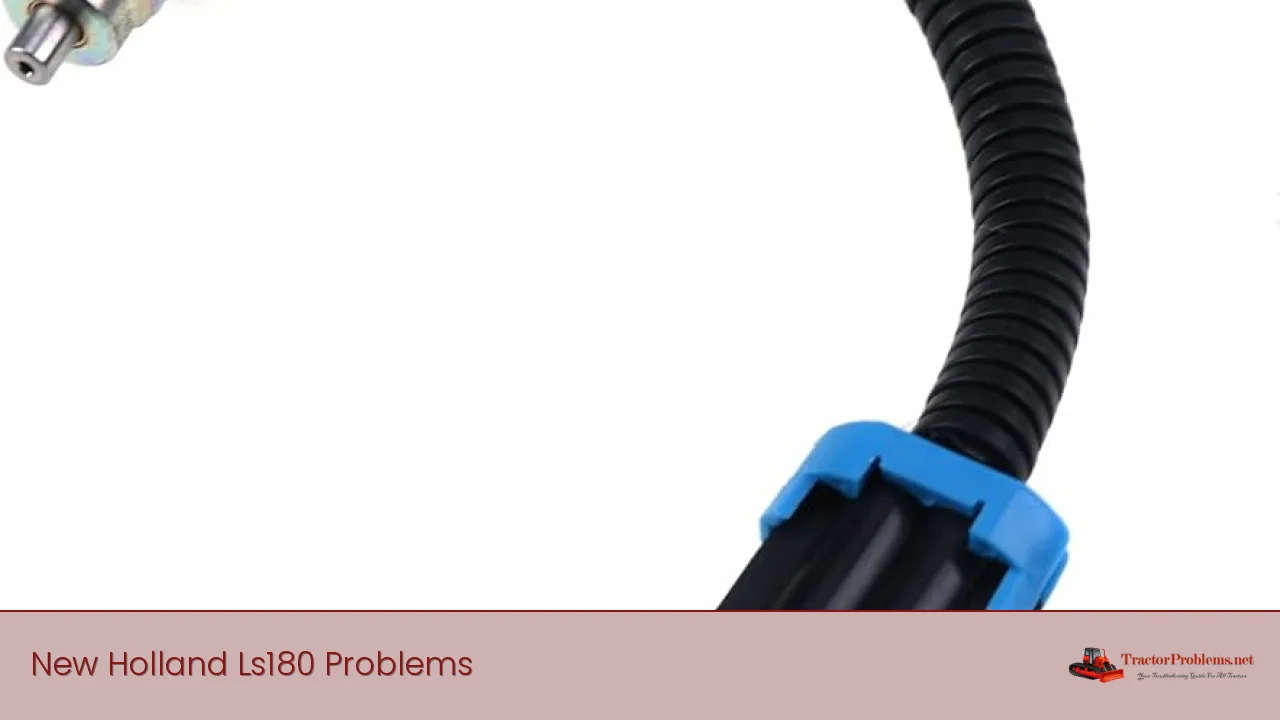Understanding and Troubleshooting New Holland Ls180 Problems
Are you having trouble understanding and resolving common issues with your New Holland Ls180? Don’t worry – our experienced mechanics have created this guide to help you quickly and accurately identify and troubleshoot New Holland Ls180 Problems. This guide will provide you with step-by-step instructions on how to diagnose and fix any issues you may be facing with your New Holland Ls180, so you can get back to work in no time!
| Problem | Diagnosis | Solution |
|---|---|---|
| Engine not starting | Check fuel, spark plugs, and ignition system | Replace fuel or spark plugs, or inspect and repair ignition system |
| Engine running rough | Check fuel filters, fuel lines, and spark plugs | Replace fuel filters, fuel lines, or spark plugs |
| Strange noises | Inspect drive belt, pulleys, and fan | Tighten drive belt, replace pulleys, or inspect and repair fan |
Starter Issues
If you are experiencing issues with your New Holland Ls180, the first step is to check the starter. This is a common problem and can usually be identified and resolved quickly. Starter issues may be the result of a bad battery, a low-quality starter, or the incorrect installation of the starter itself.Fuel Filter Problems
Fuel filter problems can also be a cause of New Holland Ls180 Problems. If the fuel filter is clogged or damaged, it can cause issues with the engine performance. It is important to regularly check the fuel filter for any blockages or debris, as a clogged filter can reduce engine power and cause significant issues.Belt Issues
If you are having issues with your New Holland Ls180, it may be due to a belt issue. Worn or damaged belts can cause the engine to run inefficiently, leading to a decrease in performance. It is important to inspect the belts regularly and replace them as soon as possible if they are worn or damaged, to ensure optimal engine performance.Key Takeaways for Understanding and Troubleshooting New Holland Ls180 Problems
- Check the starter as this is a common problem and can usually be identified and resolved quickly.
- Regularly inspect the fuel filter for any blockages or debris, as a clogged filter can reduce engine power and cause significant issues.
- Inspect the belts regularly and replace them as soon as possible if they are worn or damaged, to ensure optimal engine performance.
- Check the fuel, spark plugs, and ignition system to diagnose engine not starting.
- Check the fuel filters, fuel lines, and spark plugs to diagnose engine running rough.
- Inspect the drive belt, pulleys, and fan to diagnose strange noises.
